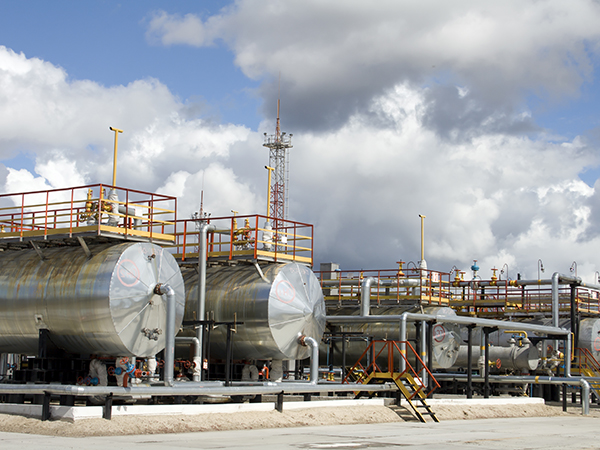Many organizations are becoming aware that the Procurement function is no longer just an operational cost center but one of strategic importance to their supply chain. According to ISM – The Institute for Supply Management, every 1% that you reduce costs equates to 5% in additional sales. Similarly, inefficiencies along the procurement process can cascade down the supply chain and adversely impact the bottom line.
As prices of commodities become more volatile, it is crucial for the Procurement professional to proactively assess and review how to plan and implement value-added procurement strategies, perform successful win-win negotiations without leaving money on the table, and develop effective and sustainable relationships with key suppliers.
Salvo Global’s comprehensive Masterclass on “Value-Added Procurement, Negotiations & Supplier Relationship Management” explores the latest methodologies and practices such that your organization can move from simply a reactive, tactical (cost center) department to a value-add, strategic (profit center) function.
Top Learning Objectives
- Create a Strategic Supply Plan and an Operations Plan to implement it
- Engage essential stakeholders through Early Supplier Involvement & Early Procurement Involvement
- Establish an Ethics Policy for Procurement based on the Institute for Supply Management and the United Nations
- Implement the 9-Step Acquisition Process and develop three key documents: the requisition, the solicitation, and the purchase order
- Create a Strategic Negotiations plan and customize negotiation strategies based on goods vs. services
- Apply the Total Cost of Ownership model to analyze prices/costs in negotiations
- Move from simply boilerplate (reactive language) to proactive language with “teeth,” such as how to drive volume rebates and cost savings
- Understand and apply the underlying contract law, be it CISG, Shari’a or Unidroit
- Develop key supply and supplier strategies based on the Risk/Benefit Matrix
- Assess your Supply Base using a Supplier Evaluation and Audit Tool used in a Fortune 500 company
Who Should Attend?
Directors, Heads, Managers, Officers & other Senior Executives from:
- Procurement
- Purchasing
- Sourcing
- Contracts
- Commercial
- Supply Chain
- Finance
- Projects
- Logistics
This masterclass is suitable for Procurement professionals across all industries, especially:
Mining, Oil & Gas/Petrochemicals/Chemicals, Healthcare & Pharmaceutical, Manufacturing, FMCG, Retail, Food & Beverage, Telecommunications, Banking & Finance, and Information Technology.













